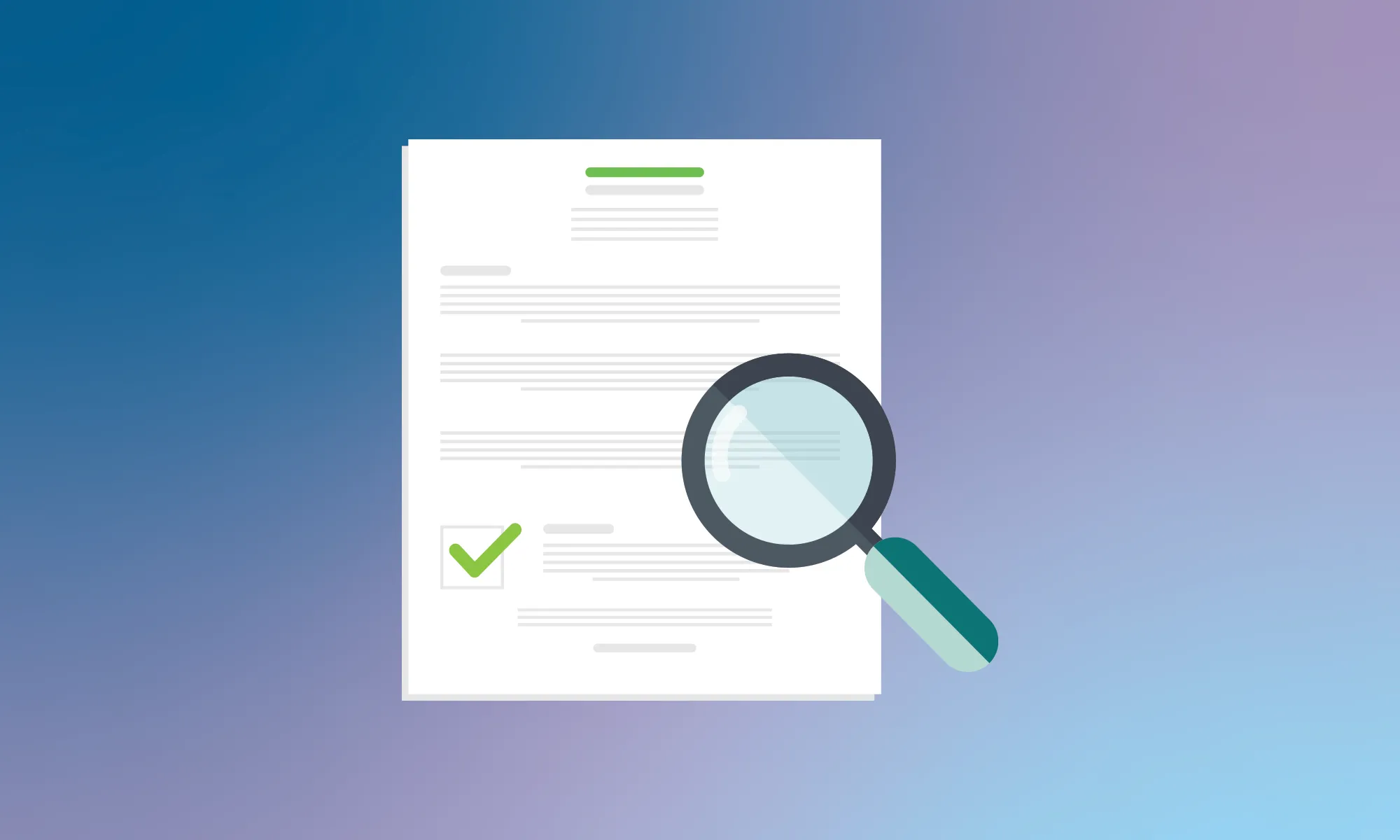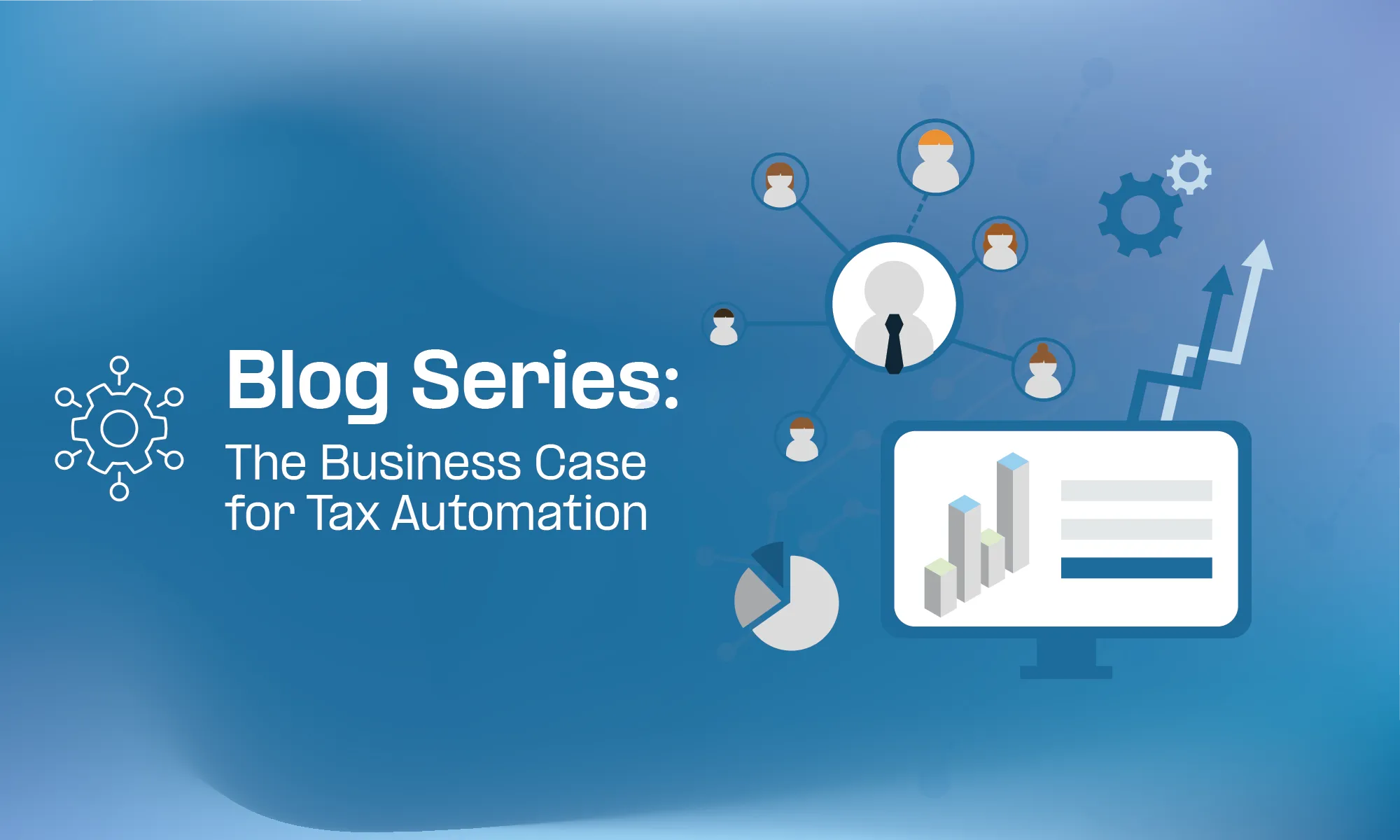China has recently introduced new regulations under Decree No. 810, titled "Provisions on the Submission of Tax-Related Information by Internet Platform Enterprises," which came into effect on June 20, 2025. This new regulatory framework enhances transparency and aligns closely with global standards, including the OECD’s Model Reporting Rules for Digital Platforms.
Timeline
- Promulgation date: June 20, 2025 (effective date TBC)
- First reporting deadline: Quarterly reporting obligation; the first reports due within one month after the end of the first quarter following the effective date (TBC).
Key takeaways: What’s changing and who’s affected
Scope of activities:
The rules apply broadly to internet platform enterprises facilitating:
- Online marketplaces and e-commerce activities
- Live-streaming and short-video platforms
- Any profit-making internet-based platforms providing transaction matchmaking or information release services
Certain sectors providing convenience services, such as delivery, transportation, and housekeeping, are explicitly exempted from reporting income information if they enjoy tax incentives or are legally exempt from paying taxes.
Based on the decree, services like delivery, transportation, and housekeeping may be in scope in general unless the abovementioned exemptions apply to certain workers on the platform.
Seller information requirements:
Platform operators must collect and verify specific information, including:
- Identity information of operators and individuals generating income via platforms
- Revenue details related to transactions on the platform
- Platform domain names, business types, and unified social credit codes
Non-resident platforms: The decree includes a provision stating that overseas internet platform enterprises providing profit-making services within China must also comply and submit tax-related information. However, there remains some uncertainty about the exact applicability and enforcement mechanisms for non-resident platforms. Further guidance from Chinese tax authorities is expected.
Reporting frequency: Platforms are required to report quarterly, with submissions due within one month after the end of each quarter. This requirement is more frequent than the OECD model's annual reporting standard, emphasizing China's focus on continuous compliance and real-time tax oversight.
Penalties for non-compliance:
Non-compliant platforms face:
- Fines ranging from RMB 20,000 to RMB 100,000 for minor breaches (2,500 to 12,000 EUR)
- For serious violations, potential suspension of business operations, and fines from RMB 100,000 to RMB 500,000 (12,000 to 60,000 EUR)
Comparison with OECD Model Rules
China’s new decree aligns significantly with the principles of the OECD's Model Reporting Rules regarding the type of information required and the transparency objectives. Differences include the frequency of reporting (quarterly instead of annually) and specific exemptions provided for certain types of workers in China’s unique economic context. Notably, current rules emphasize domestic reporting without mentioning cross-border data exchange, differing from the OECD's international exchange intent.
The definition of services in scope of the Chinese platform reporting obligations leave a lot of room for interpretation compared to the list of affected sectors defined within OECD rules.
What should platforms expect next?
Platform operators should anticipate further clarifications, technical guidelines, and detailed implementation measures from the State Taxation Administration (STA). It is advisable for tax professionals and project managers of affected platforms to closely monitor announcements and promptly adapt compliance frameworks to meet new obligations.
In conclusion, Decree No. 810 significantly advances tax transparency in China's digital economy. Given the current uncertainties, especially concerning non-resident platforms, ongoing vigilance and preparation for compliance updates are critical.
FAQs: China’s Digital Platform Tax Reporting Rules (Decree No. 810)
1. What is China’s Decree No. 810?
Decree No. 810 is a regulation titled “Provisions on the Submission of Tax-Related Information by Internet Platform Enterprises.” It mandates digital platforms operating in China to collect, verify and report sellers’ tax information. (The new Chinese rules vaguely resemble OECD based rules like DAC7 in the EU).
2. When do the new rules come into effect?
The decree was promulgated on June 20, 2025, but the official effective date is yet to be confirmed. The first reporting obligation will apply to the first quarter following the effective date, with reports due one month after the quarter ends.
3. Who is affected by the new tax reporting rules?
The rules apply to internet platform enterprises that facilitate a broad range of services:
- Online marketplaces and e-commerce
- Live-streaming and short video monetization
- Platforms offering profit-based matchmaking or information services
Non-resident platforms operating within China are likely required to comply.
4. Are there any exemptions from the reporting obligations?
Yes. Certain workers may be exempt if they qualify for tax incentives or are legally exempt from taxes.
5. What seller information must platforms collect and report?
Platforms must collect and verify:
- Identity details of sellers or income-generating individuals
- Revenue related to platform transactions
- Platform domain name, business type, and Unified Social Credit Code
6. Do non-resident (foreign) platforms have to report as well?
This aspect seems to be up for interpretation as of the writing of this article, but it appears that overseas platforms offering monetized services within China will likely fall under the scope of Decree No. 810. However, further clarification from Chinese tax authorities is expected regarding enforcement and applicability.
7. How often must platforms report tax information?
Platforms must report on a quarterly basis, with submissions due within one month of each quarter’s end. This is more frequent than the annual reporting models implemented by the OECD Model Rules or DAC7.
8. What are the penalties for non-compliance?
Non-compliant platforms may face:
- Fines of RMB 20,000–100,000 (EUR 2,500 to 12,000) for minor infractions
- Fines of RMB 100,000–500,000 (EUR 12,000 to 60,000) and potential suspension of business for serious violations
9. How does China’s approach differ from the OECD’s rules?
Technical details are yet to be published, but the basic principles seem to align with the OECD’s model rules. Key differences include:
- More frequent - quarterly vs. annual
- No data exchange with other countries
- Broader in interpretation with less rigid industry definitions
10. What should digital platforms do to prepare?
Platforms should:
- Monitor upcoming technical guidance from the State Taxation Administration (STA)
- Begin updating their compliance systems and seller verification processes
- Engage tax professionals to interpret exemptions and applicability, especially for non-resident operations
















